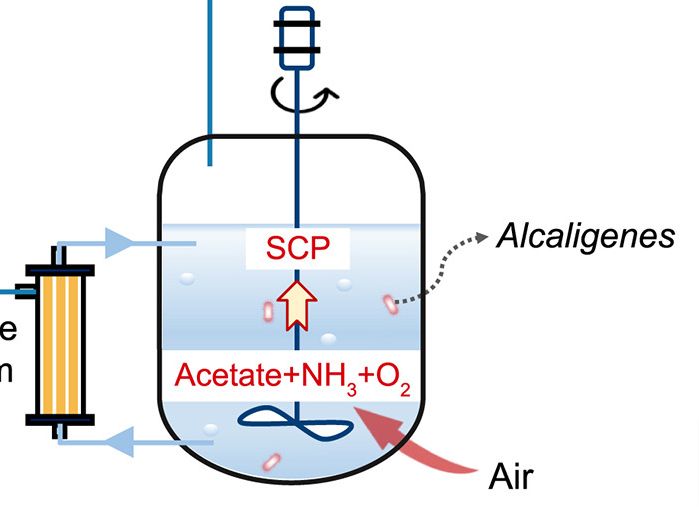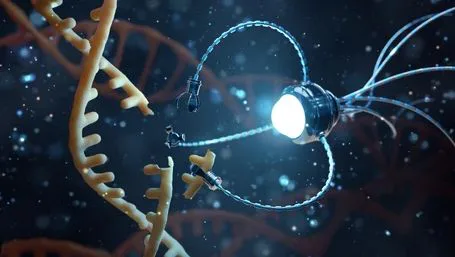As proposed by the researchers from the University of Göttingen and the Helmholtz Center for Environmental Research (UFZ), plants are capable of making arduous decisions when caught in tough situation and until now, plants intelligence was underestimated.
Research conducted on Barberry (Berberis vulgaris), specifies that under parasitic attack, Barberry abort their seeds, in order to increase their chances of survival. This indicates that the plant have some kind of structural memory and using some unknown process they can mark the difference between inner and outer status quo and even predict the future contingencies.
The Barberry or European Barberry is a breed of shrub that is dispersed through the whole of Europe and is linked to a native North American plant, the Oregon grape (Mahonia aquifolium) and is growing and spreading for years in Europe. Researchers analyzed both the breed of plants for parasitic infection and found pronounced difference.
Barberry Seeds under Scrutiny
Dr Harald Auge who is a biologist at the UFZ said that the larvae of specialized tephritid fruit fly, which generally feed on seeds of the native Barberry, were infesting the new host plant, Oregon grape with approximately tenfold higher population density.
This made researchers to study the Barberry’s seed more minutely and therefore around 2000 berries from various region of Germany were collected. These berries were analyzed for any symptoms of piercing and such seeds were then cut open to check any kind of infestation caused by the tephritid fruit fly larvae (Rhagoletis meigenii).
The tephritid fruit fly pierce the berries and deposit its eggs inside the berries. The larva upon hatching will feed on the seeds available in the berry. Usually each berry bears two seeds and the plant upon suspecting any infestation, quickly ceases the development of seeds to conserve its resources.
Following this procedure plant can protect itself from the tephritid fruit fly. The developing larva feeds on both the seeds available inside the berry and if the dropping off such seeds by the plant will not only leave the larva to starve to death, but will save the other seed in the berry too.
Another researcher Dr. Katrin M. Meyer working on the study, found a striking fact that, not always the infested fruits are aborted, instead it is more dependent on the number of seeds the berry contains. He says that 75 per cent of chances is that the plant will abort the infested seed, if the berry had two seeds in them and thus saving the other healthy seed. But in case, the fruit contain just a seed then the chances of plant aborting just the infested seed is 5 percent.
Plant’s Forecasting Ability
This is generally because aborting the infested fruit, which contain just a single seed, means losing the entire fruit for the plant. However, in such cases, the probability of larvae to die naturally due to starvation is more and thus not dropping such a seed is more fruitful for the plant.
The plant ability to foresee loses and analyzing the conditions outside is a breakthrough and surprising for the researchers. But how does the plant gauge what can go wrong after getting infested by the tephritid fruit fly. How these pros and cons are weighted by the Barberry, is still a mystery for the researchers. The complex behavior of plant that developed during the evolution is still not known. On the other hand, the Oregon grape inhabiting Europe for some 200 years, is still lack any strategy to save itself from the infestation by the tephritid fruit fly.
This study has opened the door for further studies about plant intelligence. And may be that the reason that plants are found inhabiting in areas that are not ideal for human settlement.
Source: Phys.Org




